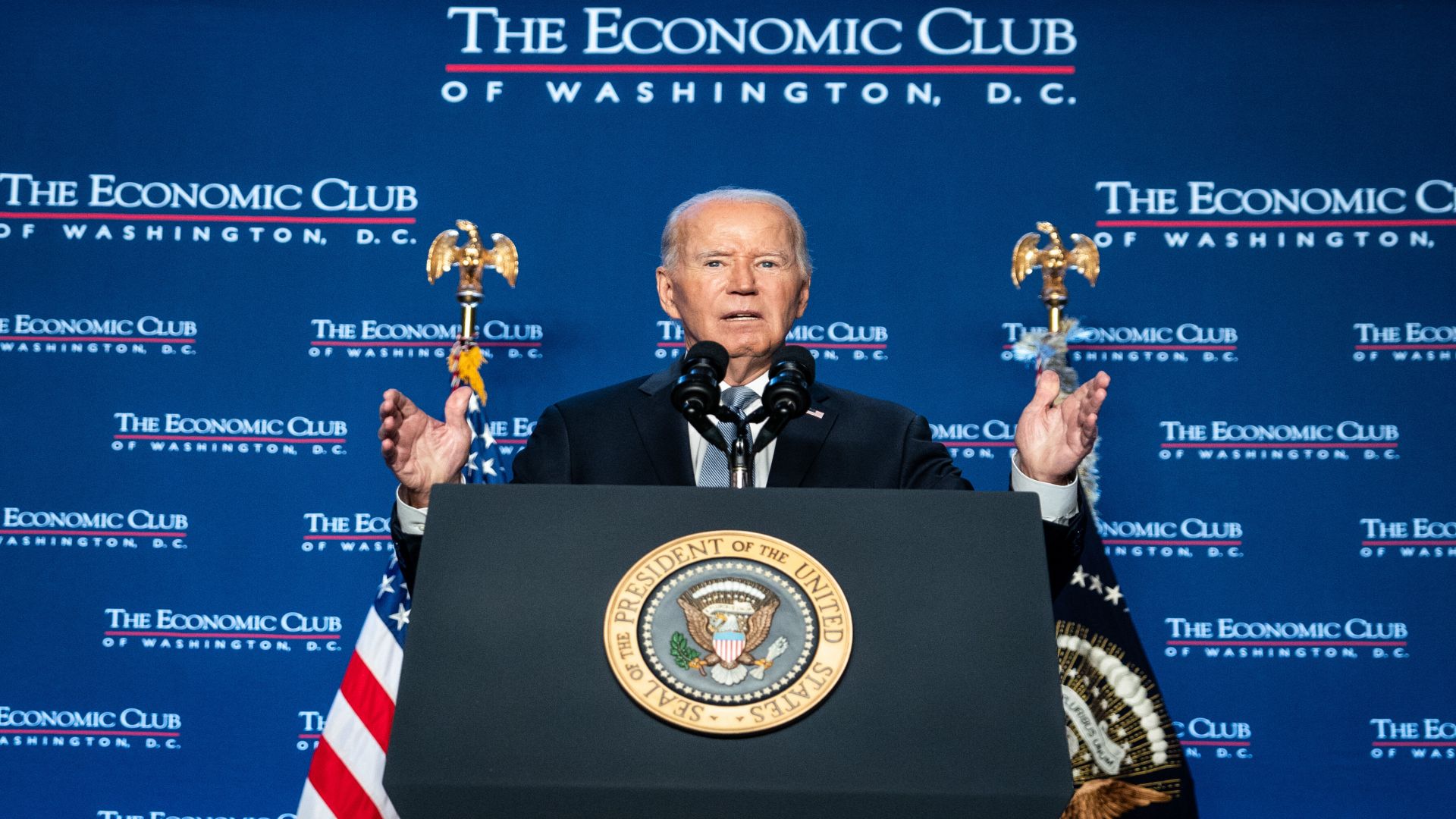On Thursday, President Biden praised the Federal Reserve’s recent decision to cut interest rates, presenting it as a sign of the nation's economic recovery and indicating that the inflation surge has largely subsided. This marked an effort by Biden to recast his economic leadership in a more favorable light after years of criticism from voters over inflation. Balancing pride in his economic record with an acknowledgment of voter frustration has challenged Biden throughout his presidency. Vice President Kamala Harris, now the Democratic nominee for president, must also walk this line as she campaigns. Her response to the rate cut was more restrained than Biden’s, welcoming the news but stressing that more work was needed to lower prices.
In a speech at the Economic Club of Washington, Biden framed the Fed’s rate cut as a sign of progress but stopped short of declaring victory. He emphasized that while there has been progress on inflation, including falling gas and grocery prices, there remains work to be done on the cost of essentials like housing and child care. Echoing Federal Reserve Chair Jerome Powell, Biden said, "The Fed lowering interest rates isn’t a declaration of victory, but it’s a declaration of progress." Biden took the opportunity to highlight the positive economic indicators, including job creation, economic growth, and a rise in real incomes, urging Americans to recognize the gains. He attributed much of the economic recovery to the $1.9 trillion stimulus package passed during his administration, which he argued helped fuel rapid growth. However, critics point out that this also contributed to the inflation surge.
Biden underscored the administration's efforts to resolve supply chain disruptions, release oil from the strategic reserve, and push forward key infrastructure and manufacturing legislation. He also noted that many experts doubted the Fed's ability to rein in inflation without causing a recession, a scenario he proudly said he never accepted. In essence, Biden's speech was a bold attempt to reshape the narrative around his economic leadership, claiming progress while recognizing the challenges ahead.


